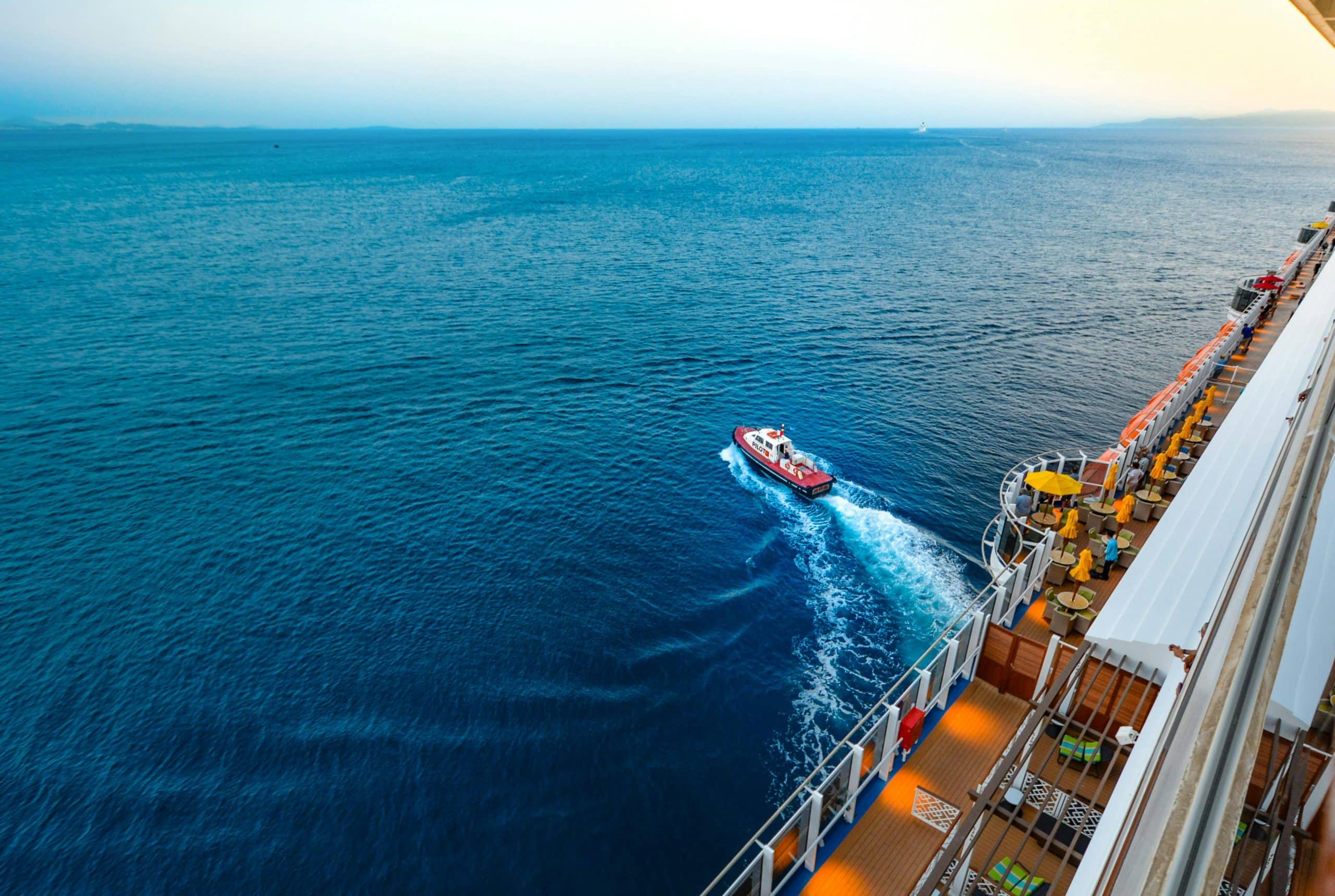How to find a cruise offering detailed educational programs about the UK’s marine biodiversity?

Education and vacation do not always seem like two concepts that should be merged. However, your next trip could be an enriching learning experience. Imagine embarking on an ocean adventure that combines the relaxation of a cruise and the fulfilment of learning something new about the UK's marine biodiversity. In this article, we will guide you on how you can find a cruise offering detailed educational programs about the UK's marine biodiversity.
Deciphering Cruise Programs
The first step is understanding the vast array of educational programs that cruises have to offer. It's not merely about spotting a whale or dolphin but delving deeper into the marine ecosystem's intricate workings.
A lire en complément : What are the most eco-friendly cruising options available around the UK’s protected marine areas?
Cruise programs vary in structure and content. Some cruises might have an onboard biologist or naturalist who provides lectures, while others might include field trips to marine research institutions or protected marine parks. A few cruises even offer formal courses, sometimes for college credits or continuing education units.
You will need to scrutinize the details of the program offered by each cruise line. Find out the program's length - is it a one-night presentation, or does it span the entire semester? Look for the educators' qualifications and the ratio of educators to participants. Also, see if the program is interactive, including activities like specimen collection, data analysis, or underwater photography.
A lire également : What are the best UK cruises for experiencing traditional Highland games on shore?
Identifying Suitable Cruises
After you've understood what to look for in a cruise program, the next step is to identify suitable cruises that offer these programs. This part can be somewhat tricky since not all cruises advertise their educational programs prominently.
Start by browsing through cruise line websites. Look for keywords like 'educational program', 'marine biology', 'sea life', or 'ocean conservation'. Pay special attention to cruises that traverse the Caribbean or North Atlantic Ocean, as these areas are rich in marine biodiversity.
You can also contact cruise lines directly and inquire about their programs. Ask specific questions about the course structure, educators, and pricing. Remember, some cruises may offer these programs as part of the package, while others might charge additional fees.
Leveraging Loyalty Programs
Most cruise lines offer loyalty programs where you earn points for every trip you take. These points can be redeemed for various benefits, including onboard credits, free upgrades, or even access to exclusive educational programs.
If you're a regular cruiser, don't forget to check your loyalty program details. You may have enough points to enroll in a marine biology program for free. Or, you may be able to use your points to upgrade to a cabin with better views of the sea, enhancing your learning experience.
Timing Your Cruise
The timing of your cruise can significantly impact the quality of your educational program. Marine life varies by season, and certain species may only be visible during specific times of the year.
Do some research to find out the best times to spot marine biodiversity in the North Atlantic or Caribbean. Also, consider the weather - rough seas might not only ruin your trip but could also lead to cancellations of educational activities.
The Final Selection
By now, you should have a shortlist of cruises that offer educational programs about the UK's marine biodiversity. But how do you make the final decision? Here's where you need to consider your personal preferences and constraints.
Think about the cruise duration. Are you comfortable with a week-long adventure, or would you prefer a shorter trip? Do the program hours coincide with your preferred activity times, or would they conflict with other onboard activities you want to partake in?
Consider the pricing too. Is the program's cost included in the cruise fare, or is it extra? Do you get value for your money based on the program's content and the educator's expertise?
Remember, the aim is not just to go on a cruise, but to find a cruise that offers an enriching educational experience about the UK’s marine biodiversity. It might take some effort, but the reward - an unforgettable voyage of learning and discovery - will be well worth it.
Aligning Cruise Itinerary with Educational Goals
The itinerary of the cruise plays a crucial role in determining the potential of your learning experience. A cruise around the British Isles, for example, gives you a chance to study a different marine ecosystem than a journey through the Caribbean, Puerto Plata, or San Juan.
Before you book a cruise, make sure to explore the destination and the regions it covers during the journey. Each region has its unique marine life and biodiversity. An itinerary through the North Atlantic Ocean might offer encounters with a variety of whales, dolphins, and seabirds. On the other hand, a Caribbean cruise might provide up-close experiences with coral reefs and tropical fish species.
The itinerary's length plays a significant role as well. A semester at sea, for instance, provides an immersive experience in marine biology, allowing you to study several aspects of marine biodiversity in depth. If you cannot commit to such a long period, look for cruises that offer shorter programs of a similar nature.
Also, consider the shore excursions that the cruise line offers. These trips offer a great opportunity to visit marine research institutions or engage in hands-on activities like snorkeling, scuba diving, and animal tracking. Some cruise lines, like Royal Caribbean, offer shore excursions specifically designed to complement their onboard educational programs. Others might partner with organizations like Road Scholar to provide in-depth study abroad experiences.
Inquire about the activity level of the program as well. Some educational programs require physical activities like swimming, diving, or hiking. Make sure you are comfortable with the activity level, especially if you have any concerns related to physical or mental health.
Conclusion: Making the Most of Your Cruise
Finding a cruise that offers detailed educational programs about the UK's marine biodiversity involves careful research and critical decision-making. It is about aligning your educational pursuits with your vacation aspirations.
Reflect on the program's length and structure and evaluate the educators' qualifications. Scrutinize the cruise itinerary and explore the regions it will cover. Consider the timing of the cruise, aligning it with the season best suited for studying marine life in the chosen region. Don't forget to tap into the benefits of loyalty programs, should you be a returning cruiser.
Whether your cruise starts close to home or in a far-flung location, whether it's a short trip or a semester-long journey, the key is to ensure that it serves your goal: to learn about the marine biodiversity of the UK. In the process, you will not only gain knowledge and appreciation for marine life but also create unforgettable memories.
Remember that the best education often happens outside the confines of a traditional classroom. So, why not make your next vacation a learning adventure? Book that cruise and embark on a marine life exploration journey. From the British Isles to San Juan, from Puerto Plata to South Africa, the world's seas await your discovery.
